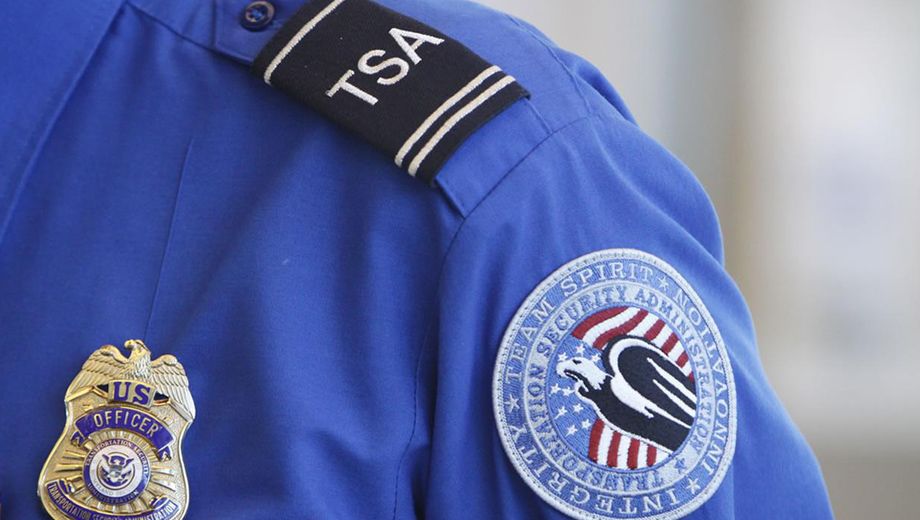Travelers headed to America may be talking more with their airline.
The Department of Homeland Security now requires carriers to ask U.S.-bound passengers additional screening questions on about 2,100 daily flights starting.
These conversations may include the purpose of a trip, whether a bag has been in the traveler’s possession at all times and other queries the government has not disclosed.
For many U.S. airlines, the impact of this requirement is minimal because they’ve already been doing these types of interactions with U.S.-bound passengers on many, but not all, of their flights. Others have not.
Many carriers, including Cathay Pacific and Delta Air Lines, are telling customers flying to America to allow at least three hours before departure to navigate security.
Emirates said the “pre-screening interviews” will occur at check-in counters for originating passengers and at the boarding gate for passengers transferring in Dubai to a flight to the U.S.
The screening changes are part of a broader Trump administration effort to raise what the Department of Homeland Security calls the “global baseline” for aviation security, and was begun by former Homeland Security Secretary John Kelly, who was named President Donald Trump’s chief of staff in July.
It’s also the latest in a series of moves by the White House to increase security protocols at airports.
The DHS announced this summer that travelers to the U.S. would face additional screening, including a more rigorous approach to explosives detection of electronic devices.
Carriers were given 120 days to comply with the mandate for additional verbal screening of passengers. They also face new rules on how to secure checked baggage as well as their aircraft when parked abroad.
The edict followed a lengthy debate among airlines, government officials and airports about whether the U.S. would expand worldwide a ban on laptop computers and other large electronics from airline cabins it had imposed on flights originating from 10 Middle East airports. Ultimately, the U.S. yielded to industry concerns about such a prohibition.
Travelers would benefit if they knew that such policy changes are caused by “specific vulnerabilities” in aviation security
Airlines’ talks with customers are generally modeled after the type of interactions that Transportation Security Administration “behavior detection officers” have with passengers at airports, according to a person familiar with the issue. These officers’ conversations attempt to detect people displaying verbal cues of suspicious behavior, excessive fear or stress and then direct those travelers to additional screening.
